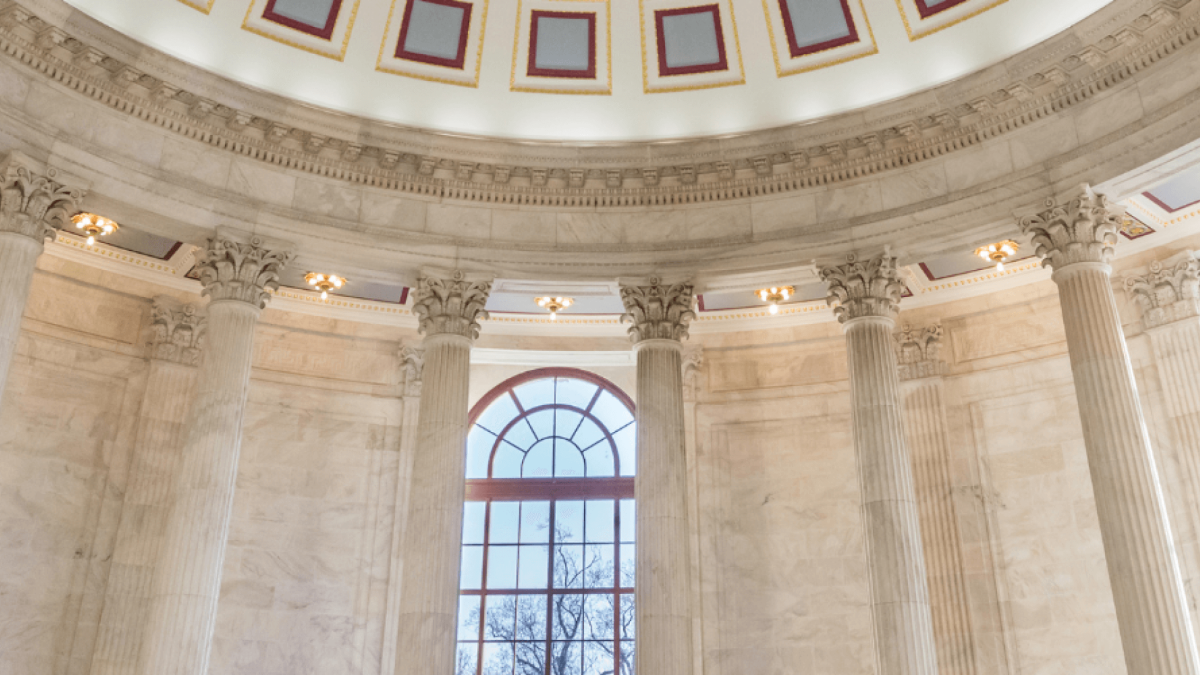Costa, Wyden, Van Duyne Bill Puts Patients First in Organ Donation System
WASHINGTON - Every day, 13 Americans die waiting for a lifesaving organ. To address this crisis, Representatives Jim Costa (D-CA) and Beth Van Duyne (R-TX), along with Senator Ron Wyden (D-OR), introduced the Permanent OPTN Fee Authority Act. This bipartisan legislation modernizes the nation’s organ transplant system by ending outdated private financial control and placing it under direct and fully transparent federal oversight.
“As co-chair of the Organ and Tissue Transplantation Awareness Caucus, I know how critical it is that families waiting for a lifesaving organ can trust the system to be fair, transparent, and accountable. This bipartisan bill ensures that every dollar collected goes directly toward strengthening the network, improving outcomes, and giving patients the best possible chance at life,” said Congressman Costa.
“Two years ago, Congress took a much-needed, bipartisan step to reform the organ donation system, in particular by empowering the federal organization responsible for ensuring the system is safe and effective for donors and recipients. It’s now clear that additional authority is needed to make good on our goal of empowerment and independence. I’m proud to join my House colleagues in this effort, and I hope it can get signed into law soon on behalf of all Americans who expect our nation’s organ donation system to be the best in the world,” said Senator Wyden.
"Patients and families deserve a system that they can trust, especially when it comes to organ transplantation," said Congresswoman Van Duyne. "The Permanent OPTN Fee Authority Act will increase transparency and accountability in the transplant network. I am glad to join Rep. Costa and Senator Wyden on this bipartisan commonsense reform that will put patients first."
BACKGROUND
Founded in 1984, the Organ Procurement and Transplantation Network (OPTN) is a federal program under the Health Resources and Services Administration (HRSA) that is responsible for coordinating all organ donations and transplants nationwide.
For 40 years, the United Network for Organ Sharing (UNOS) has been the sole contractor running the Organ Procurement and Transplantation Network (OPTN). That included collecting fees from hospitals every time a patient was added to the transplant list.
This legislation would shift that authority to the Health Resources and Services Administration (HRSA), ensuring that registration fees are collected securely, managed openly, and reinvested to strengthen the nation’s transplant system. HRSA would use Pay.gov, a secure government platform, to collect fees and ensure the money is used directly to support the transplant system and improve outcomes for patients.
